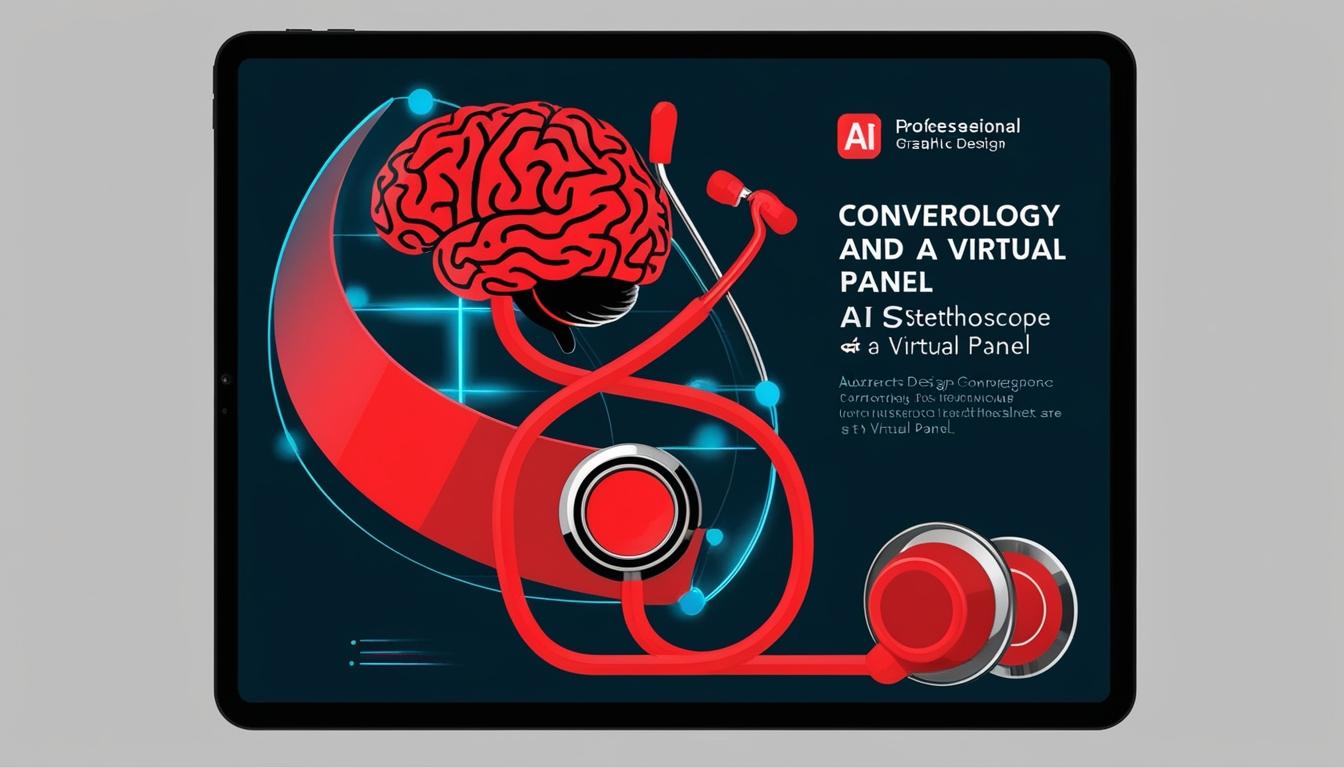A virtual panel titled “AI and Health Care: What Works & What’s Ahead” will be hosted by the National Athletic Trainers’ Association on Wednesday, January 15, from 1 p.m. to 2 p.m. Eastern Time, featuring UTC professor Gary Wilkerson among other distinguished healthcare professionals. This event aims to explore the transformative role of artificial intelligence (AI) in various aspects of the healthcare industry, including patient and professional communications, administrative workflows, medical education, and emergency preparedness.
The discussion is set to highlight practical and innovative uses of AI in healthcare settings, with panelists sharing their firsthand experiences on how this technology is changing their professional environments. The conversation will delve into the future of AI within healthcare, articulating concerns regarding the preservation of the human element in healthcare communications while examining how AI can enhance the quality of care provided to patients.
Moderating the panel will be A.J. Duffy III, MS, ATC, PT, the current president of NATA. The panel will comprise a diverse group of experts from renowned medical institutions and organisations, including representatives from the American Academy of Orthopaedic Surgeons (AAOS), American Medical Society for Sports Medicine (AMSSM), and the American Orthopaedic Society for Sports Medicine (AOSSM).
Key figures contributing to the discussion include Kevin Bozic, MD, MBA, chair and professor at the University of Texas at Austin's Dell Medical School and immediate past president of AAOS; Elizabeth L. Albright, DO, a primary care sports medicine physician at the University of Michigan Health-West and team physician for various sports teams; and Katherine J. Coyner, MD, MBA, associate professor at UConn Health and director of their Women’s Center for Motion and Performance.
Gary Wilkerson, noted for his substantial contributions to the field—including being inducted into the NATA Hall of Fame in 2016 and winning the NATA Foundation Medal for Distinguished Research in 2019—brings a wealth of experience to the panel. His career has been characterised by roles that bridge clinical practice and academia, including a focus on predictive modelling for assessing athletes’ risk of musculoskeletal injuries.
The virtual forum is open to the general public, with live broadcasts available on platforms such as Facebook, Instagram, and X (formerly Twitter).
As AI technology continues to evolve and expand in healthcare, the discussions around both its advantages and the challenges it presents are increasingly pertinent in shaping the future landscape of medical practice. The integration of AI tools may redefine workflows, enhance patient outcomes, and alter the way healthcare professionals interact with their patients and peers.
Source: Noah Wire Services
